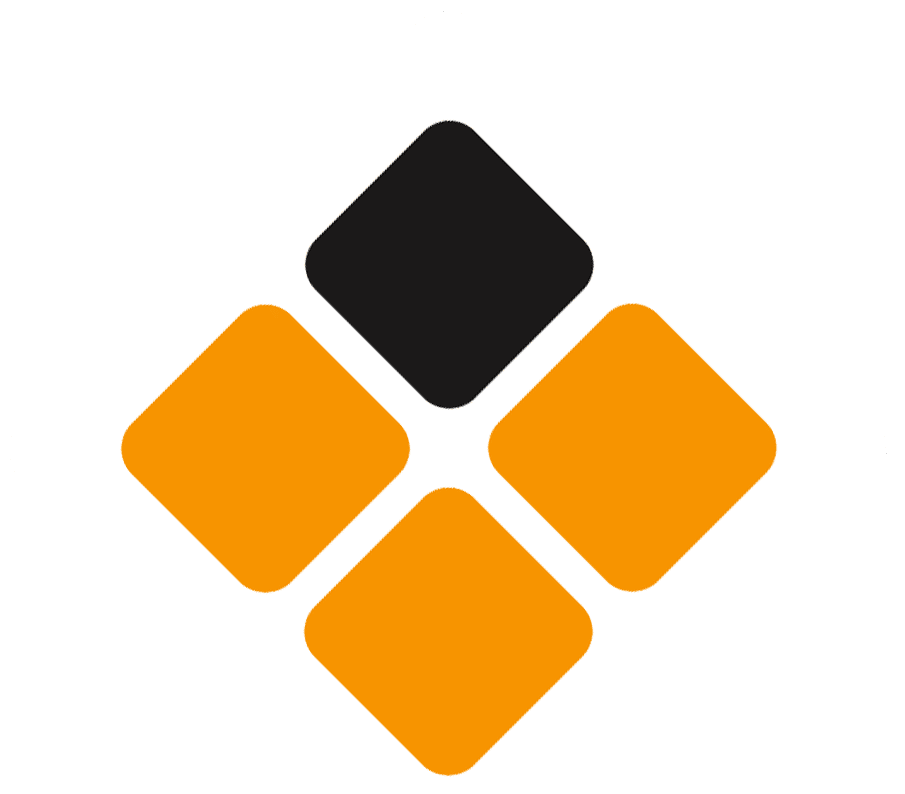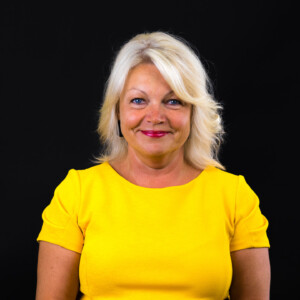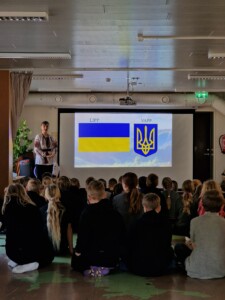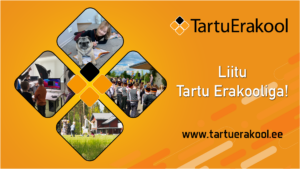
Alanud on registreerimine Tartu Erakooli eel- ja lastekooli!
Tartu Erakooli eel- ja lastekool ootab liituma kõiki 5-7 aastasi lapsi! Eelkooli grupid alustavad septembrist TäheTERA, LõunaTERA ja Peedu kooli juures. Lastekooli grupi avame ainult

Oleme õppimiskeskne ja õpilase arengule orienteeritud, terviklikku isiksust arendav ja koostööd soosiva turvalise õpikeskkonnaga kool.

Juhtiv haridusuuenduste ellukutsuja.
Eesmärk tagada alus- ja põhihariduse ning huvihariduse integreeritud toimimine ja areng.

Jagame oma kogemusi ja ekspertiisi partneritega. Tutvu meie koolituspakettidega.

A leading implementer of educational innovation.
The aim is to ensure the integrated functioning and development of elementary and basic education and hobby education.

We are a learning-centered and student development-oriented school with a safe learning environment that develops a complete personality and favors cooperation.

We share our experience and expertise with partners. Check out our training packages.
We make it possible to acquire a versatile education based on the individuality of the learner and we support the development of each of our people into such a personality who successfully copes with his life and work, develops himself and thus contributes to the development of society, defines himself as a member of his nation, as a citizen, as a co-responsible for the future of Europe and the world.
“You calculate well and can be seen that you also like it. You need a little help with unfamiliar task types. You did a good job of working independently.”
“You distinguish the sounds in a word very well, determining the length of the sounds is more difficult. I praise you for trying and wanting to correct mistakes yourself.”
Every student at TERA School has an iPad for schoolwork and study materials.
Each of our schools is unique with its own face and characteristics!
Check out our schools!
Tähe 4, Tartu
Grades 1-6
Optika 15, Tartu
1.-6. class
Tähe 4, Tartu
1.-5. class
Mäe 6, Elva
1.-6. class
Tehase 16, Tartu
7.-9. class

Tartu Erakooli eel- ja lastekool ootab liituma kõiki 5-7 aastasi lapsi! Eelkooli grupid alustavad septembrist TäheTERA, LõunaTERA ja Peedu kooli juures. Lastekooli grupi avame ainult

Õppida, õppida, õppida… Muidugi on õppimine loomulik elu ja arengu osa, aga kuidas õppida teadlikult ehk siis nii, et sellest on päriselt kasu? Loe rohkem

TERA Peedu koolis õpitakse sel aastal B-võõrkeelt keele coachimise meetodil, mis on muutnud B-võõrkeele õppimise põnevaks ja tõhusaks kogemuseks. Viienda klassi õpilased said võimaluse valida

Kuni jaanuari lõpuni on avatud liitumine Tartu Erakooli 1. klassidega! Tutvu meie eripäradega ja liitu meiega! 1. TERA on kool, kus õpilaste hulk võimaldab kujundada